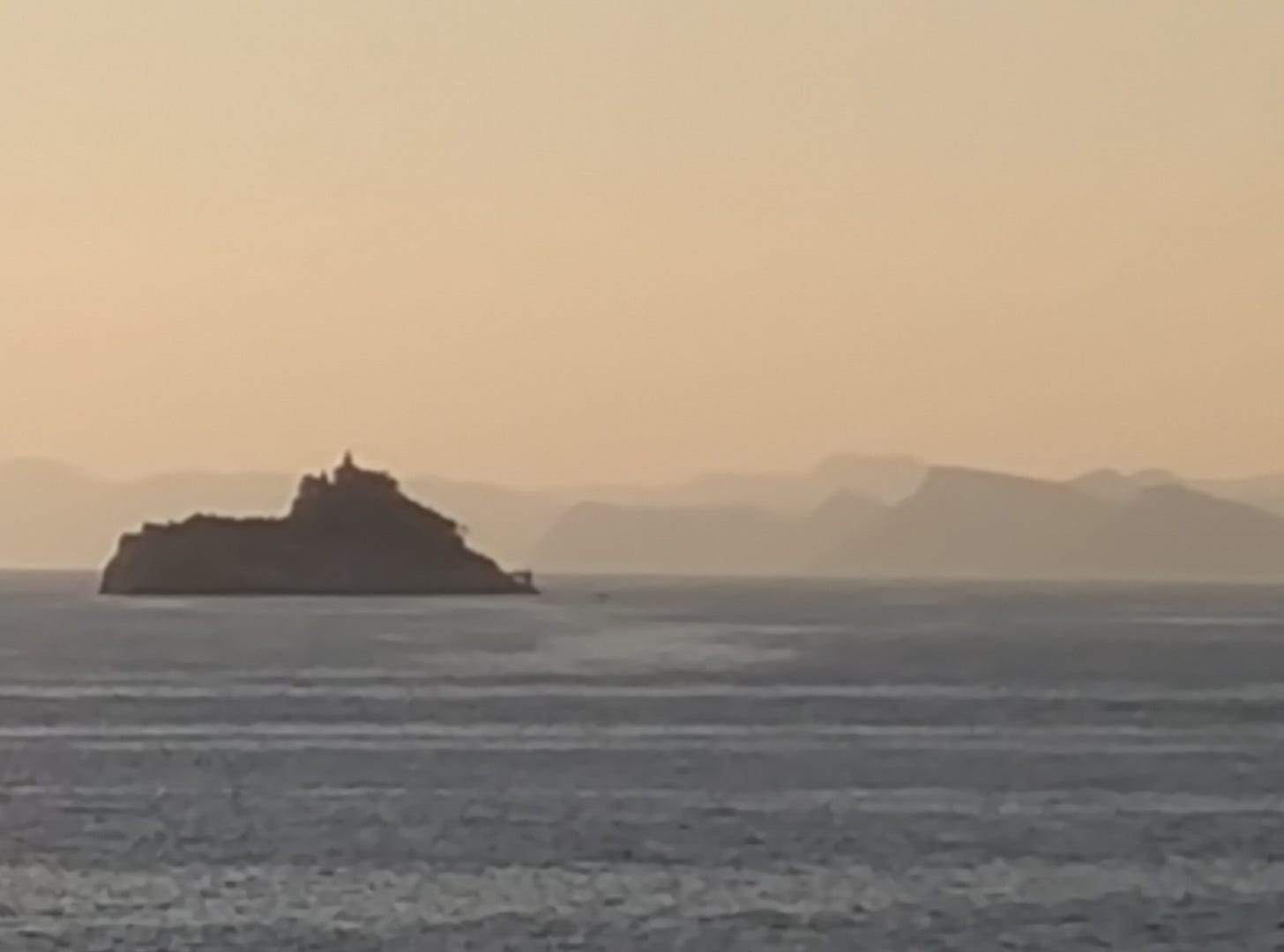Consuming history
I'm reporting to you from the Adriatic - in fact, sitting in a cafe in Split as I write this. Of this part of the world, Winston Churchill once said it “creates more history than could be locally consumed."
Obviously he was very aware of the issue of the conflict that led to the assassination of Archduke Franz Ferdinand, sparking the First World War. But it's fair to note of this whole region that in a sense, they have experienced in a microcosm many of the greatest conflicts of civilization of the last thousand years. Christianity vs Islam; democracy vs communism; multiethnic state vs ethnic nationalism; the independent city state vs empire.
The ripples of these conflicts shape Europe even now. Yet it was a region that to those of us in Western Europe (or at least our ancestors) seemed far enough away to be semi mythical. That was certainly how Shakespeare used Illyria. He didn't talk about it as a real place in the way that he did a France, but as a dreamscape. Real and not-real.
And even up to the 20th century, Eastern Europe did function as something of a dreamscape. An “over-there” which was increasingly important in the telegraphic age.
Today for some it's a dreamscape of different sort: the booze cruise, and the stag party, and the cheaper vacation. But that's unfair of course to the people of this region who have of course their own experiences of serving as this intermediate state between the West and the East. And for that reason, identifying far more strongly with an ethnic, linguistic or faith tradition than those of us in the West for whom our wars of religion, the Reformation, are faded into mist.
This was my view as we sailed by on the Dalmatian coast, an outcrop with a religious building - a marker of faith that lingers.
Meanwhile I now eat local seafood and eavesdrop on conversations about mega-yachts and oligarchs. History is still being made, to be consumed over generations to come.


